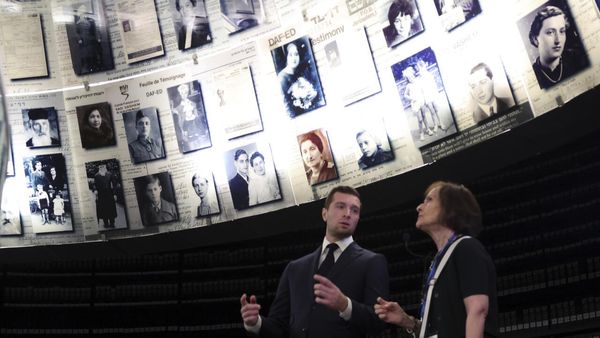Former Petroleum Minister M. Veerappa Moily on Thursday hit out at Prime Minister Narendra Modi over his attack on the opposition-ruled States for not reducing Value Added Tax (VAT) on petrol and diesel, saying his remarks amount to "travesty of justice" in light of the Centre not cutting excise duty.
The senior Congress leader also said the Prime Minister should have focused on COVID-related issues at the meeting with chief ministers called to discuss the pandemic situation in the country.
"Prime Minister Modi should have addressed the rehabilitation of COVID-19 victims, the loss of employment and the varying figures of reported COVID deaths in India as against the figures reported by WHO which has shocked the nation and the world," he said.
The clarity from no less than the Prime Minister of the country was necessary in light of reports of suppressed figures of COVID deaths, he argued.
"The statement of the Prime Minister on his call to opposition States to reduce VAT as against any semblance of reduction in excise duty by the Centre amounts to travesty of justice," Mr. Moily said.
He said Prime Minister Modi should have addressed the issue of skyrocketing prices as the average consumer food price has increased by 100% between March 2021 and March 2022, according to the All India Consumer Price Index (CPI) released by the National Statistical Office.
The increase in prices of milk, meat, fish, edible oils, cereal and vegetable prices translated into food inflation surging by 7.47% on a year-on-year basis, he said.
Mr. Moily said the Prime Minister has not uttered a word on these pressing issues.
Between March 2014 and October 2021, the excise duty on petrol increased by over 200% and the excise on diesel by over 600%, he said.
The central and State governments levy taxes on fuel and these taxes constitute 55% of the total retailing price of petrol, while in the case of diesel, it is 50%, Mr. Moily said.
Pointing to remarks by the Prime Minister and BJP leaders that the BJP-led State governments have reduced VAT on petrol and diesel, Mr. Moily said if one looks at the figures the the statements are found to be untrue.
"For example, Madhya Pradesh levies 33% VAT, Manipur 36.50% and Assam 32.66% on petrol," he said.
The former Petroleum Minister said that during the UPA regime, petrol and diesel as well as cooking gas and kerosene were sold at subsidised rates before fuel prices were deregulated.
Instead of paying direct subsidy to oil marketing companies from the budget, the then UPA government issued oil bonds totalling ₹1.34 lakh crore to the State-fuel retailers in a bid to contain the fiscal deficit, he said, stressing that such practice of issuing bonds was commenced during the Atal Bihari Vajpayee government in 2002.
"It is not correct to say that the present government has paid the entire amount of bonds issued during the UPA period. Instead the present NDA government has just paid 10% of it," Mr. Moily said.
During the UPA government, the price of crude oil was USD 108 per barrel but petrol and diesel were subsidised and sold at ₹71.41 and ₹55.49 per litre respectively, he said.
The average price of crude oil in the last three years of Modi government has been around USD 60.60 per barrel, which in comparison was 108.46 USD in the last three years of the UPA government from 2011 to 2014, he claimed.
When the BJP came to power in 2014, a litre of petrol in Delhi cost ₹71, while diesel was ₹55 per litre.
The latest prices of petrol stand at about ₹105.41 per litre in Delhi, ₹120.51 per litre in Mumbai, ₹115.12 per litre in Kolkata and ₹110.85 per litre in Chennai.
Three important factors which affected the economy were demonetisation, a flawed GST and COVID-19 mismanagement, Mr. Moily alleged.
The Prime Minister should take up the task of constituting an expert committee of economists and administrators to have a thorough re-look into the GST regime and also consult all the States and stakeholders to workout the feasibility of including petrol and diesel under GST to resolve the conflict between the Centre and the States, and smooth working of federal finances.
Flagging higher fuel prices in many opposition-ruled States, Mr. Modi had urged them to reduce VAT in "national interest" to benefit the common people and work in the spirit of cooperative federalism in this time of global crisis.
Mr. Modi raised the issue of many States not adhering to the Centre's call for reducing the Value Added Tax (VAT) on petrol and diesel after his government slashed excise duties on them in November last, and called it "injustice" to people living there and also harmful for neighbouring States.







